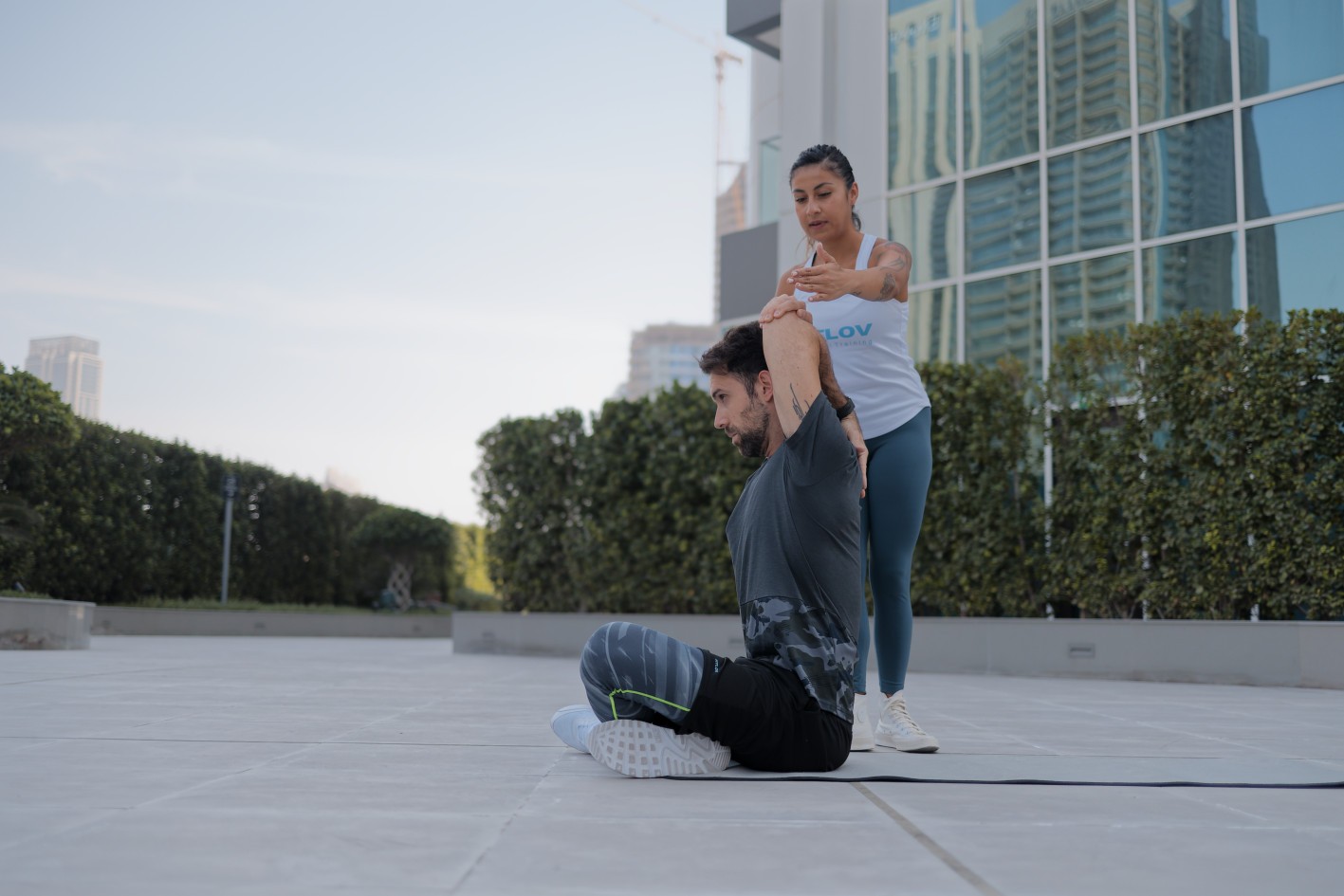
How Exercising Helps Reduce Stress
Stress is a common problem in our fast-paced modern lives. Whether it’s work-related stress, relationship problems, or just the pressure of everyday life, stress can be harmful to our physical and mental health. Exercise is a natural way to reduce stress, and it has been proven to have numerous benefits for our overall well-being.
In this blog post, we will discuss how to reduce stress using exercise and some tips to get started.
Benefits of Exercise for Reducing Stress
Exercise has numerous benefits for our mental health and wellbeing. Here are some of the ways that exercise can help to reduce stress:
Releases Endorphins: Exercise releases endorphins, which are chemicals that help to reduce stress and improve our mood. These chemicals are responsible for the “runner’s high” that many people experience after a good workout.
Reduces Cortisol: Exercise can help to reduce cortisol levels in the body, which can help to alleviate stress.
Provides a Distraction: Exercise can provide a distraction from the stressors in our lives. By focusing on our bodies and our movements, we can take our minds off of our problems.
Improves Sleep: Exercise can help to improve our sleep quality, which can have a positive impact on our mental health and reduce stress levels.
Boosts Self-esteem: Exercise can also help to boost our self-esteem and confidence, which can help us to better cope with stress and other challenges.
Tips for Using Exercise to Reduce Stress
If you’re looking to reduce stress using exercise, here are some tips to help you get started:
Find an Activity You Enjoy: The key to sticking with an exercise routine is finding an activity that you enjoy. Whether it’s running, swimming, cycling, or yoga, find an activity that you look forward to doing.
Make it a Routine: Incorporate exercise into your daily routine. Schedule time for it, just as you would for any other important task.
Start Small: If you’re new to exercise, start with small, manageable goals. For example, aim to go for a 10-minute walk each day and gradually increase the duration and intensity over time.
Mix it Up: Vary your exercise routine to prevent boredom and keep things interesting. Try different types of workouts or mix up the intensity level.
Get Support: Enlist the support of friends or family members to help you stay motivated and accountable. Joining a fitness class or hiring a personal trainer can also be helpful.
In conclusion, exercise is a natural way to reduce stress and improve our overall wellbeing. By releasing endorphins, reducing cortisol, providing a distraction, improving sleep, and boosting self-esteem, exercise can have a positive impact on our mental health. By finding an activity you enjoy, making it a routine, starting small, mixing it up, and getting support, you can use exercise to reduce stress and improve your overall health and wellbeing.



